Stellantis CEO Carlos Tavares Admits Strategic Missteps in U.S. Market
Blames Excess Inventory, Manufacturing Issues, And Lack Of Market Sophistication...
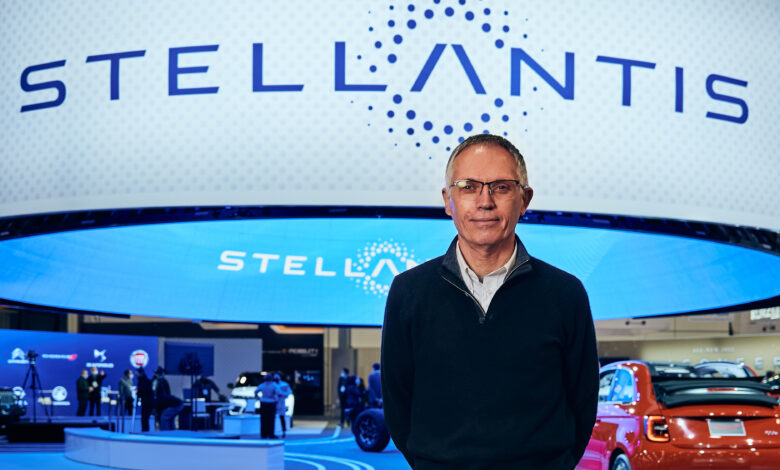
In a candid interview with Fortune magazine, Carlos Tavares, the CEO of Stellantis, he openly admitted to strategic errors affecting the automaker’s performance in the U.S. market. Stellantis, the parent company of brands like Fiat, Chrysler, and Jeep®, has been grappling with several challenges, including declining sales and stalled inventory, leading to a shrinking market share in the U.S.
Tavares acknowledged that his arrogance contributed to the company’s inability to promptly address three critical issues: excess inventory, manufacturing problems, and a lack of market sophistication. “When I am saying we were arrogant, I’m talking about myself, nobody else,” Tavares stated. “I should have acted immediately, recognizing that the convergence of those three problems was there, and we had to set up a task force to address them.”
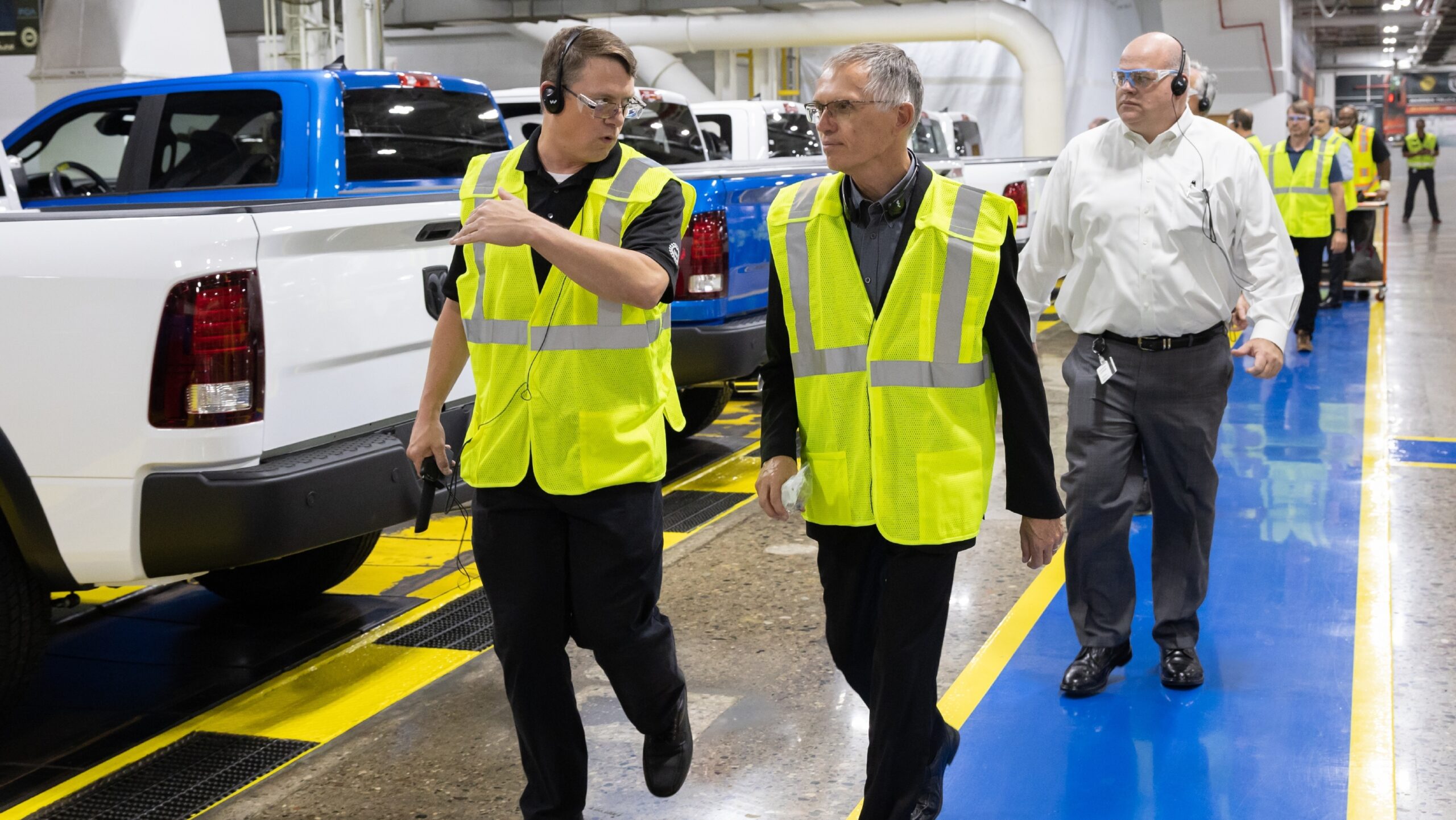
In the first quarter of the year, Stellantis saw a 14% decline in U.S. sales amidst a broader downturn in global revenues. The company’s inventory for Jeep and Ram brands surged at the start of the year, further complicating the situation. Manufacturing issues at two unnamed U.S. plants added to the challenges, though Tavares expressed confidence in the company’s ability to resolve these issues, noting, “It is something we have done tons of times, everywhere in the world.”
Despite these setbacks, Stellantis remains profitable, thanks partly to a rigorous cost-cutting regime that has reduced its workforce by nearly 50,000 employees since 2019. Tavares emphasized that the company’s strategic missteps were not insurmountable, stating, “If the three things happen at the same time, it is more difficult, but it’s not rocket science to fix them.”
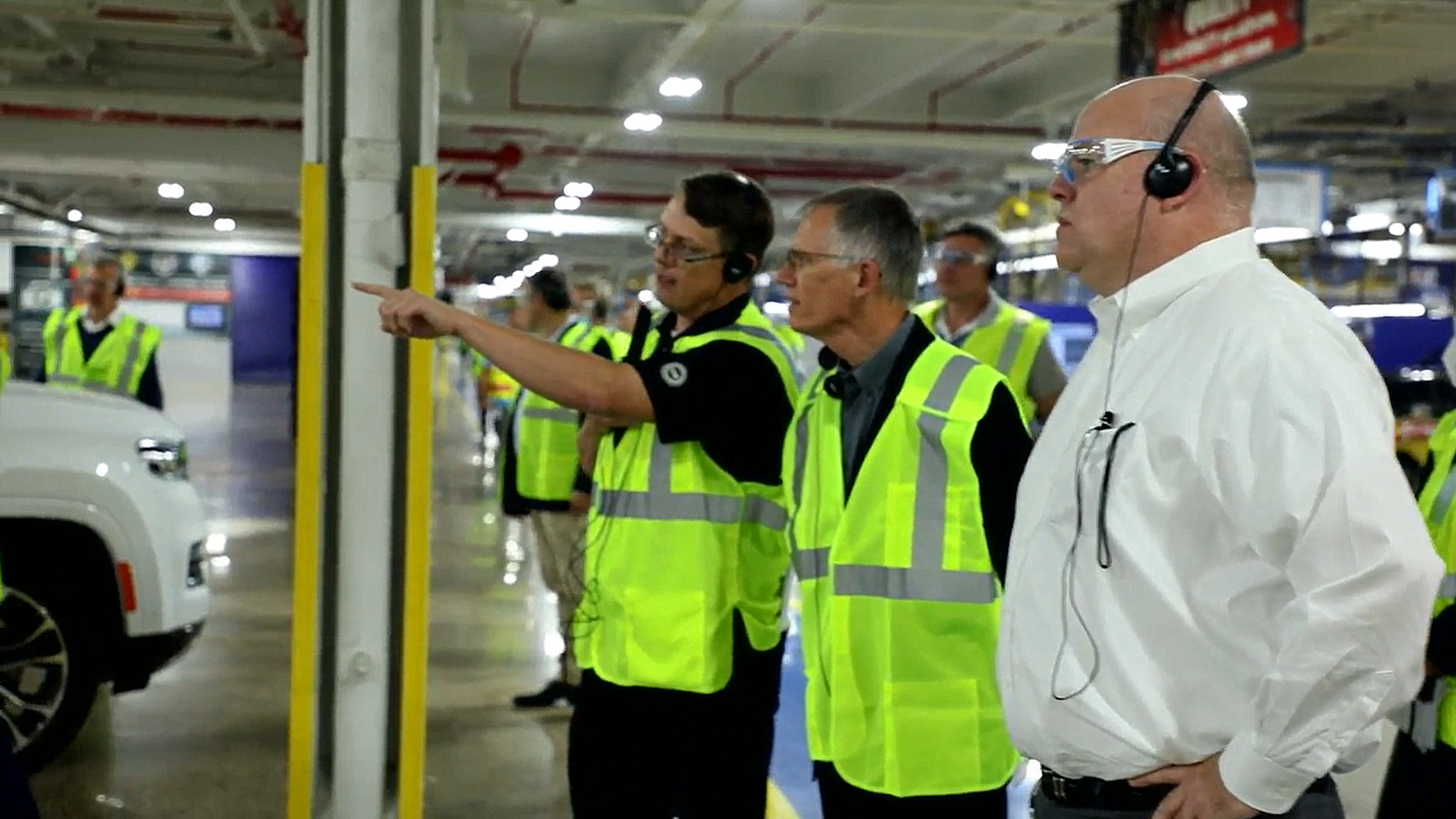
Tavares also spoke out against the European Union’s recent decision to impose import tariffs of up to 38.1% on Chinese carmakers in addressing the company’s internal challenges. He warned that such tariffs could provoke retaliatory measures from Beijing, hindering European automakers’ access to the Chinese market and increasing the cost of critical components for their electric vehicles (EVs).
While acknowledging the competitive threat of low-cost Chinese EVs, Tavares argued against relying on tariffs to maintain a competitive edge. “We are going to fight to be as competitive as we should be in the performance of the products, in the range, in the affordability. We’re going to compete because we are a global company,” he stated.
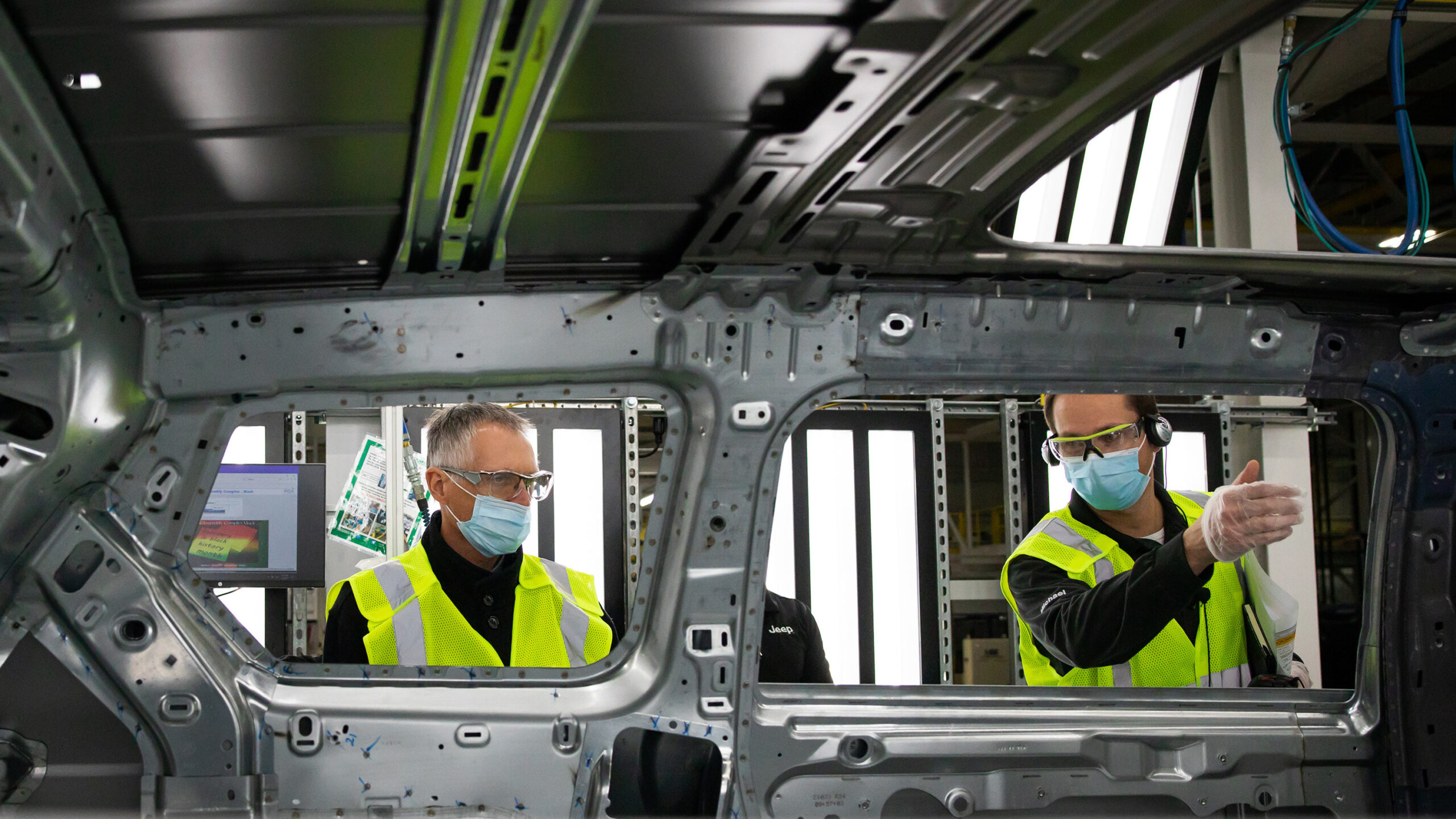
Stellantis has taken proactive steps to navigate these challenges by forming strategic partnerships with Chinese manufacturers. Earlier this year, the company partnered with Chinese brand Leapmotor to develop an affordable EV, aiming to leverage synergies in the market.
Tavares’s reflections and strategic adjustments signal a willingness to learn from past mistakes and a commitment to steering Stellantis toward a more competitive and resilient future in both the U.S. and global markets.
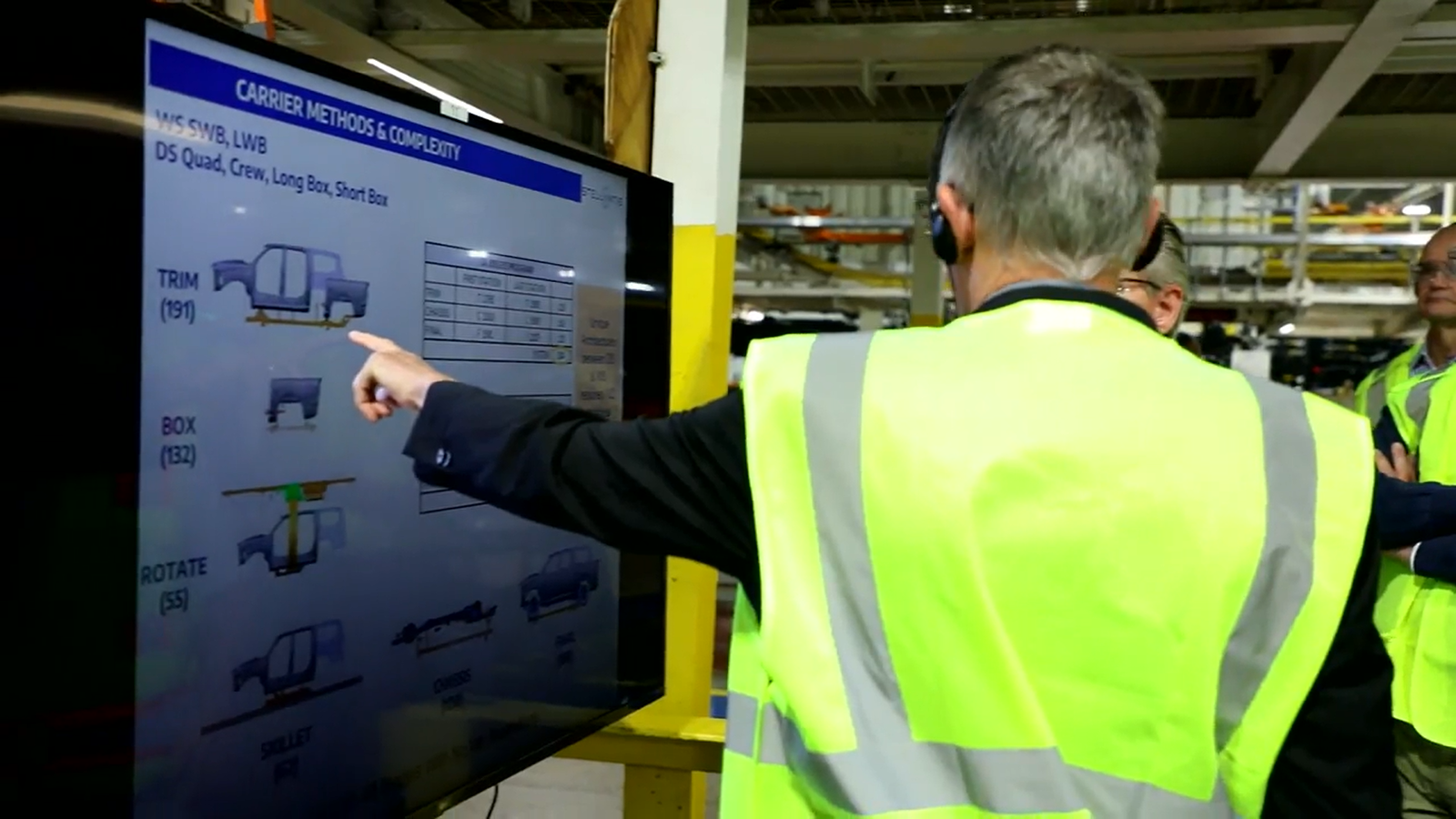
Tavares might be stepping back and taking the blame for Stellantis’s performance in the North American market, but Mopar fans have pointed out several ongoing issues. Many Stellantis vehicles are seen as overpriced compared to the competition, even with incentives. Tavares also seems out of touch with the North American market’s resistance to the push for EVs. Unlike Ford and General Motors (GM), which have shifted focus to more affordable hybrid vehicles while continuing V8 production to meet customer demand, Stellantis has not adjusted its strategy to address customer preferences and remains committed to its Dare Forward 2030 goals.
Additionally, Stellantis faces persistent quality control issues. Several new products have been rushed to market and have suffered as a result, with the Ram 1500, Wrangler, and Grand Cherokee facing numerous recalls over the past two years. These issues underline the need for Stellantis to reassess its approach to product development and market strategy to better align with customer expectations and industry standards.
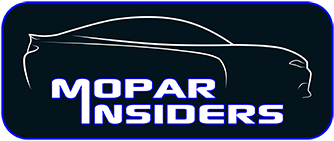
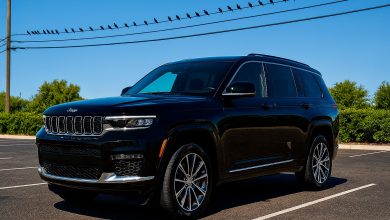

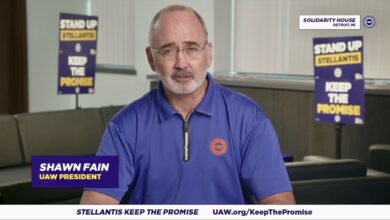


14 replies
Loading new replies...
Join the full discussion at the Mopar Insiders Forum →